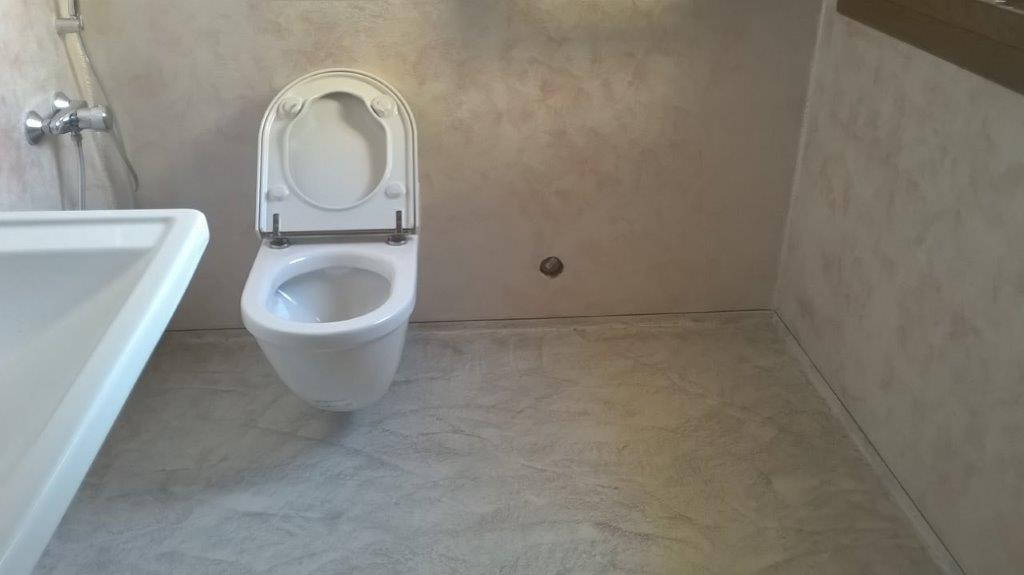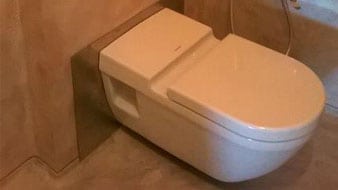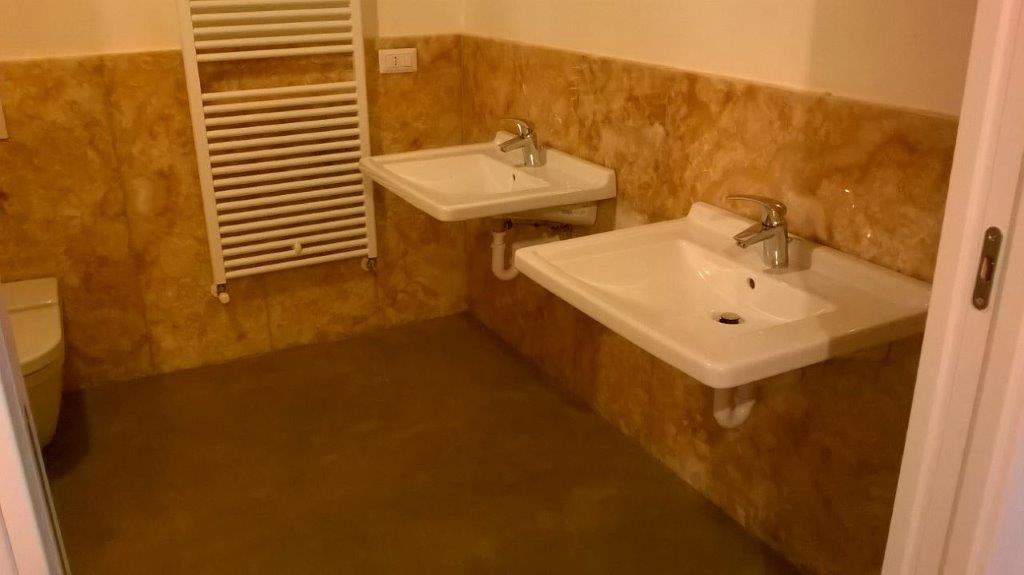Cork has several advantages, thanks to its unique chemical composition and structure, including the following:
- Lightness
Almost 90% of the volume of cork is air, so it is extremely light, weighing between 0.12 and 0.24 quarts per pound.
- Elasticity
Cork regains its volume after being damaged.
- High Friction Coefficient
Cork won’t slide, thanks to the micro suction cups on its surface.
- High Impermeability
Plasmodesmata allow vapors to easily escape, but liquids and gasses can’t get in.
- Fire Retardant
Cork won’t release incandescent particles and won’t propagate flames.
- Absorbs Impacts
The force of an impact spreads outwards to protect the surface.
- Regression Coefficient
Stretching cork causes no deformation in the perpendicular direction.
- Ease of Use
Changing the water content allows cork to become softer.
- Low Water Content
A moisture balance with the environment of 6% makes cork an inhospitable home to pests and microorganisms.
- Thermal Insulation
In nature, cork functions to protect the tree that it comes from. With a temperature range of 32 °F to 85 °F, cork resists heat up to 30 times better than concrete.
- Acoustic Insulation
Cork cuts sound by 8 to 12 decibels, and the effect doubles if it is applied to more than one surface.
- Non-Toxic
Cork is completely non-toxic.
- Balance with Nature
Cork trees last up to 500 years. They are cut for the first time at 40 years and only cut every 9 years after that.
- Habitat Protection
Cork trees act as protection for flora and fauna.
- Environmental Improvement
When cork bark is trimmed from trees, oxygen is released into the environment.
- Ecological Sustainability
There are no environmental impacts from extraction, manufacturing, or applying cork.
Modern times call for forward-thinking solutions to reduce our carbon footprint and build a healthier planet. When it comes to insulation, the answer is cork.



